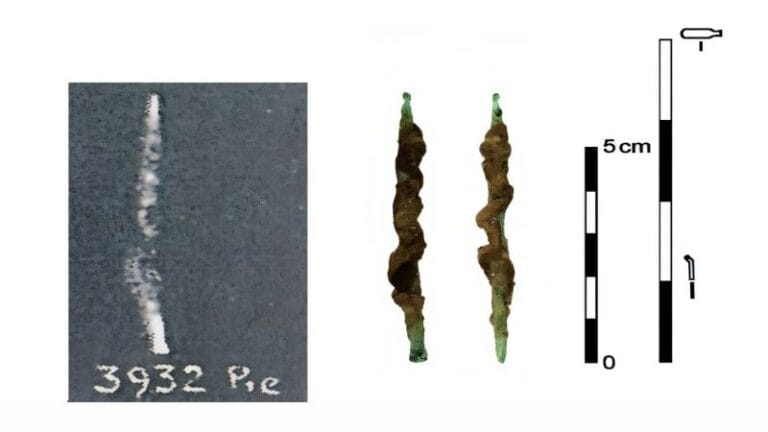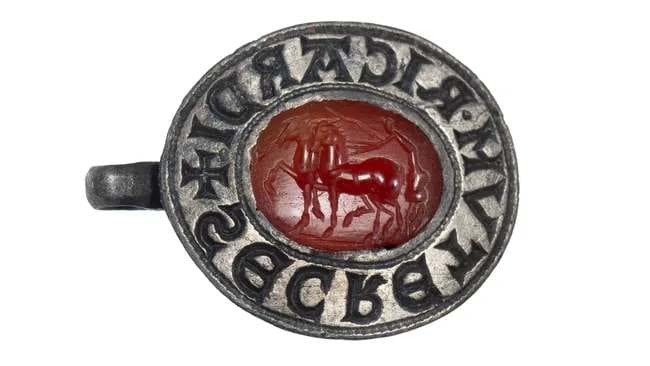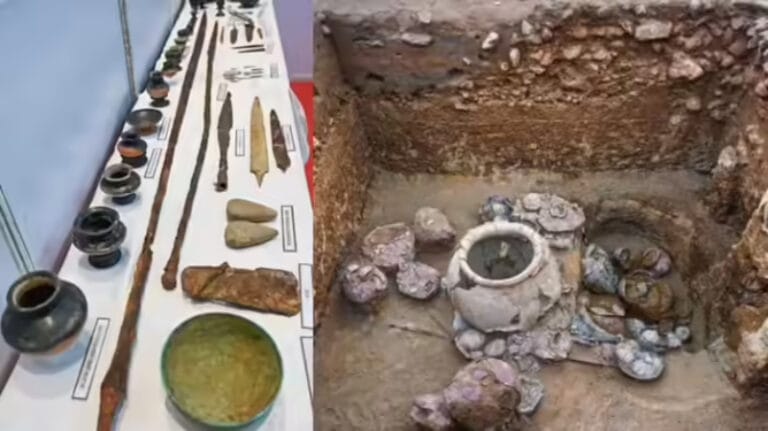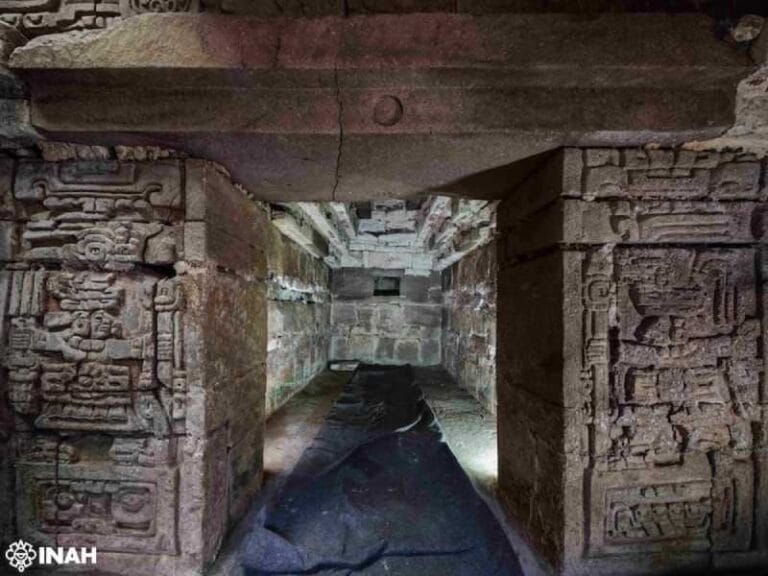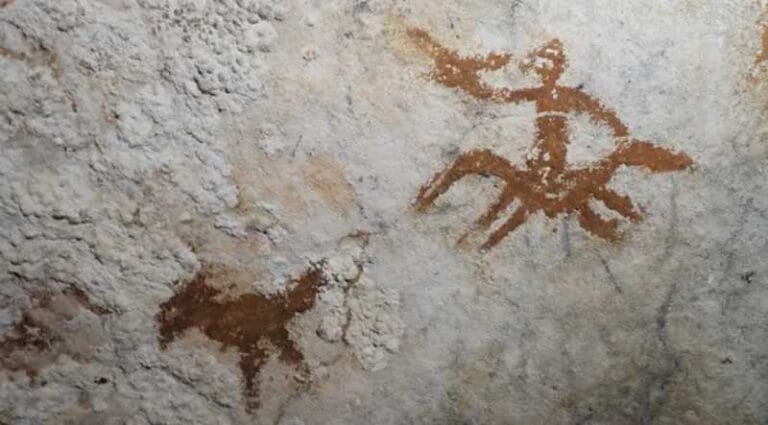500-year-old Chinese inscription discovered in Israel
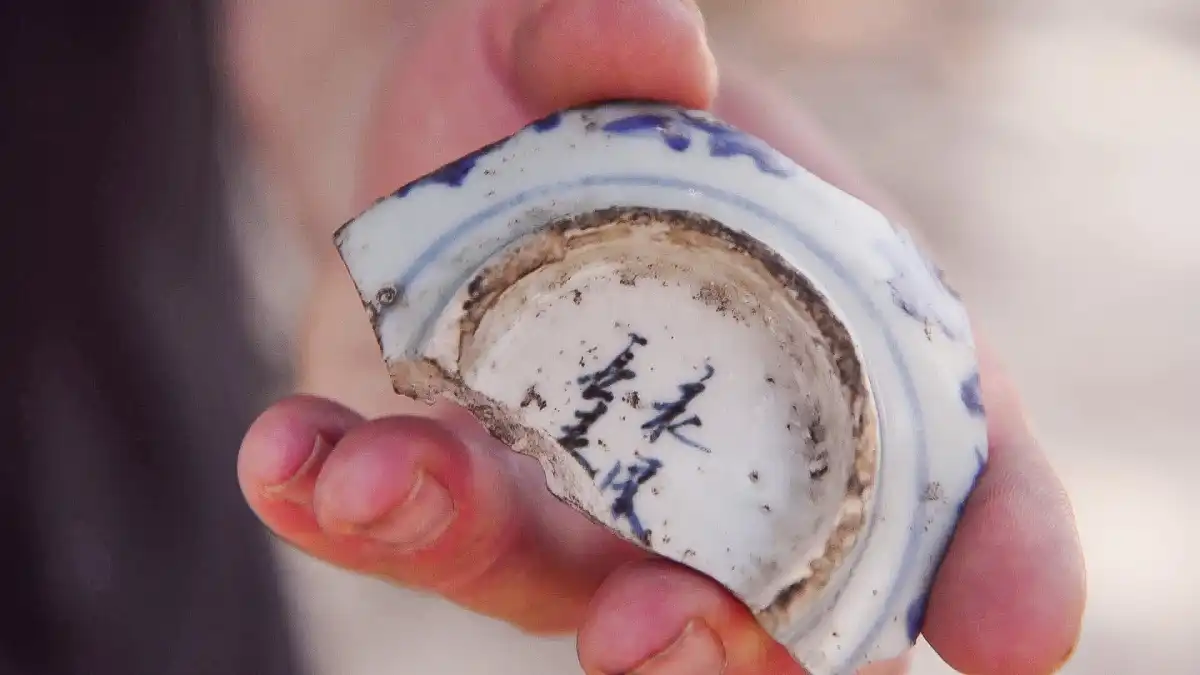
Archaeologists have unearthed a remarkable discovery on Mount Zion in Jerusalem—a fragment of a 16th-century porcelain bowl bearing a rare Chinese inscription. This find provides the earliest evidence of historical ties between China and the land of Israel. The inscription reads, “We will forever guard the eternal spring.”
The fragment was uncovered during preparations for the current excavation season by the Israel Antiquities Authority and the German Protestant Institute of Archaeology (GPIA). Michael Chernin, an archaeologist with the Israel Antiquities Authority, noticed the vividly colored piece protruding from the soil. Dr. Anna de Vincenz, a pottery specialist, confirmed the inscription’s Chinese origin, while Jingchao Chen, a researcher from Hebrew University, translated its poetic message.
Dating back to the Ming Dynasty (1520-1570), the porcelain bowl serves as a concrete testament to the trade relations between imperial China and the Ottoman Empire, which governed Palestine during that era. Historical records indicate robust commerce between the two powers, with approximately 20 Ottoman delegations traveling to Beijing between the 15th and 17th centuries.
The writings of Chinese scholar Ma Li from 1541 further illuminate these connections, describing merchant colonies established in prominent regional cities like Beirut, Tripoli, Jerusalem, and Cairo. These accounts underscore the depth of economic ties between China and the Middle East during this period.
- See also: Amulet depicting Solomon found in Turkey
“This inscription offers extraordinary insight into the trade and cultural exchanges between the Far East and the land of Israel,” said Eli Escusido, director of the Israel Antiquities Authority. It also marks the first known Chinese inscription found in Israel, making it a significant addition to the archaeological understanding of global connections during the Ming era.


